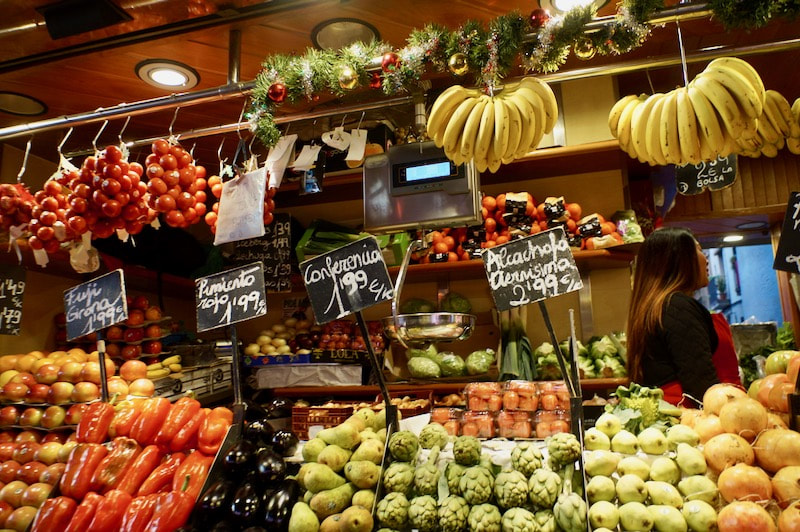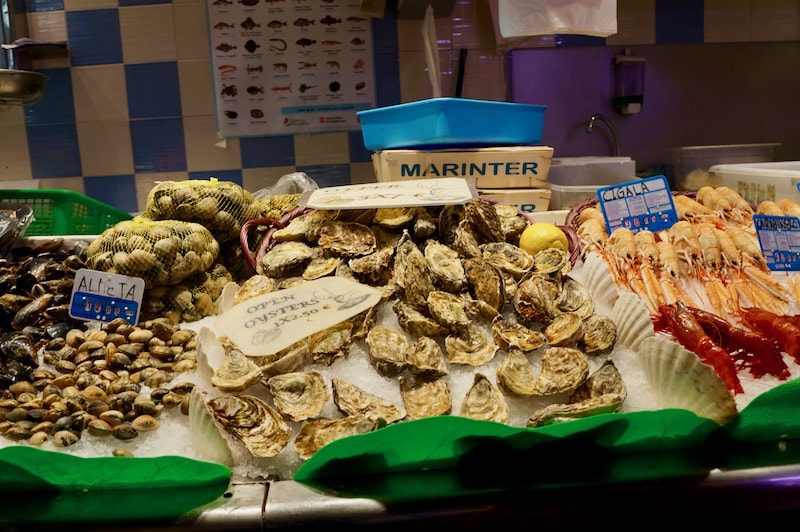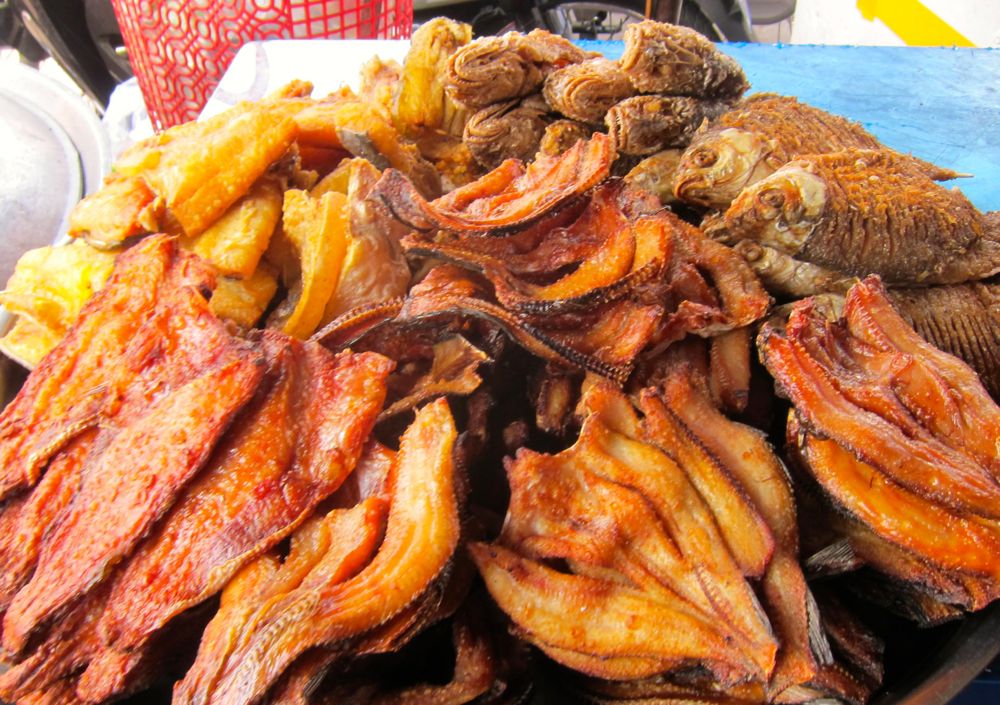7 Simple Steps to Limit Food Waste
A USDA study (the American Agriculture guys) in 2010 found that 31 percent—or 133 billion pounds—of the 430 billion pounds of the available food supply at the retail and consumer levels went uneaten in the United States each year.
In a 2012 report, the Natural Resources Defense Council estimated that 40 percent of all food in the United States was never eaten.
In Canada, more than 6 million tonnes of perfectly good groceries are thrown away every year (Sasha Chapman, Laying Waste, The Walrus, October 2015).
In Canada, more than 6 million tonnes of perfectly good groceries are thrown away every year (Sasha Chapman, Laying Waste, The Walrus, October 2015).
How can we do this? It is easy, and I declare myself guilty. I often find myself fretting at the amount of food we throw out. In our work, we move from one contract to the next so the change of residence happens several times and the amount of unused stock we throw out often disgusts me.
But even when we are home, we shop with no meal plans and so take whatever we each like and end up not cooking half of the things we bought before they get spoiled or have a collision with the best-by date.
Multiply this by the total population of NA, and there is the answer to the voluminous amount of food waste. Move away from homes and peek at the practices of restaurants, schools, office cafeterias and its easy to see the root of the numbers.
Multiply this by the total population of NA, and there is the answer to the voluminous amount of food waste. Move away from homes and peek at the practices of restaurants, schools, office cafeterias and its easy to see the root of the numbers.
Some countries have faced this issue and through voluntary efforts of supermarkets and other food suppliers have begun to pick away at the mass of the waste. In others, through the sheer lobby power of many groups committed to put an end to this some action is seen.
France has gone even further. Through legislation, France has passed a law requiring supermarkets larger than 400 square meters to donate excess food to food banks and charities or pay a fine of Euro 3,750. Not only that, the legislation also stops shops from bleaching or locking excess food in dumpsters.
Another French law requires restaurants to offer take-away containers to their customers. This is a good start given that France’s retail sector accounts for 11% of the food waste across the country compared to the U.K.’s 1.7%.
France has gone even further. Through legislation, France has passed a law requiring supermarkets larger than 400 square meters to donate excess food to food banks and charities or pay a fine of Euro 3,750. Not only that, the legislation also stops shops from bleaching or locking excess food in dumpsters.
Another French law requires restaurants to offer take-away containers to their customers. This is a good start given that France’s retail sector accounts for 11% of the food waste across the country compared to the U.K.’s 1.7%.
Of course, you have to watch out for the whingers who accuse good purpose as forcing the poor to eat thrown away food. Ouch!
Think of how much of the earth’s resource is depleted by bringing garbage destined food into our homes. It is not just the money. You bought it so you can afford it. But what we can’t afford is the destruction to the resource we all share that is brought about by this waste.
When food rots in the dump, it produces methane which has 21 time the global warming potential of carbon dioxide and the increased demand caused by buying too much jacks up the prices.
Think of how much of the earth’s resource is depleted by bringing garbage destined food into our homes. It is not just the money. You bought it so you can afford it. But what we can’t afford is the destruction to the resource we all share that is brought about by this waste.
When food rots in the dump, it produces methane which has 21 time the global warming potential of carbon dioxide and the increased demand caused by buying too much jacks up the prices.
7 Simple Steps to Limit Food Waste
1. Plan meals for the week and shop based on that. I find that when done regularly, waste was reduced tremendously. It directs my shopping.
In the past, I went to the supermarket with no meal plans and just bought what took my fancy and then I’d rummage in the fridge for what to cook for dinner. When something is not there to meet the whim, I’d often end up rushing to the supermarket to add even more clobber to the kitchen. A waste of food, gas and time.
2. At meals, let each one serve themselves. This way, family members only take what they can consume. There will always be exceptions but when you keep on, discipline and control sets in.
3. Store things in see through containers. You can easily spot them in the fridge. This way, you can remember to use them.
4. Check your fridge regularly. We often open our fridge only to look at what we want. Start looking at what is there and put out left overs during meals as partner dishes. It really can be fun.
Cook up new dishes from uncooked food and keep those in the freezer for your next meal.
Check out how these instant pots can make it easy for you to prepare dishes fast.
1. Plan meals for the week and shop based on that. I find that when done regularly, waste was reduced tremendously. It directs my shopping.
In the past, I went to the supermarket with no meal plans and just bought what took my fancy and then I’d rummage in the fridge for what to cook for dinner. When something is not there to meet the whim, I’d often end up rushing to the supermarket to add even more clobber to the kitchen. A waste of food, gas and time.
2. At meals, let each one serve themselves. This way, family members only take what they can consume. There will always be exceptions but when you keep on, discipline and control sets in.
3. Store things in see through containers. You can easily spot them in the fridge. This way, you can remember to use them.
4. Check your fridge regularly. We often open our fridge only to look at what we want. Start looking at what is there and put out left overs during meals as partner dishes. It really can be fun.
Cook up new dishes from uncooked food and keep those in the freezer for your next meal.
Check out how these instant pots can make it easy for you to prepare dishes fast.
5. Buy smaller containers or packages. This is especially true when there are only two of you or especially when you cook only for yourself. Some supermarkets now package food for one or two persons.
Refrain from buying huge packages. You are better off buying pieces even if sometimes, it means you have to have these weighed separately in the supermarkets and the unit cost might be a little more.
6. When entertaining, have a plan. Even when you cook extra, first serve enough and just add as needed. This way, the food is not spoiled and can be frozen for other meals.
7. Upcycle dishes into interesting recipes. When they are delicious, they won’t even know you are using previously served dishes. Left-over steamed rice makes for great fried rice. Excess quinoa or couscous will work well in salads. Meat and vegetables can always go in soups.
With a bit of effort on our part, so much of our resource base can be protected. We can’t afford to deplete this natural resources in just a few generations. We need to preserve and enhance the world for the future. We can’t afford to live as if we are in an endless cornucopia of resources. If we leach out the land, we are in trouble.
Click this link for those interested in the USDA study. Do take a moment to share this with your friends.
Refrain from buying huge packages. You are better off buying pieces even if sometimes, it means you have to have these weighed separately in the supermarkets and the unit cost might be a little more.
6. When entertaining, have a plan. Even when you cook extra, first serve enough and just add as needed. This way, the food is not spoiled and can be frozen for other meals.
7. Upcycle dishes into interesting recipes. When they are delicious, they won’t even know you are using previously served dishes. Left-over steamed rice makes for great fried rice. Excess quinoa or couscous will work well in salads. Meat and vegetables can always go in soups.
With a bit of effort on our part, so much of our resource base can be protected. We can’t afford to deplete this natural resources in just a few generations. We need to preserve and enhance the world for the future. We can’t afford to live as if we are in an endless cornucopia of resources. If we leach out the land, we are in trouble.
Click this link for those interested in the USDA study. Do take a moment to share this with your friends.



